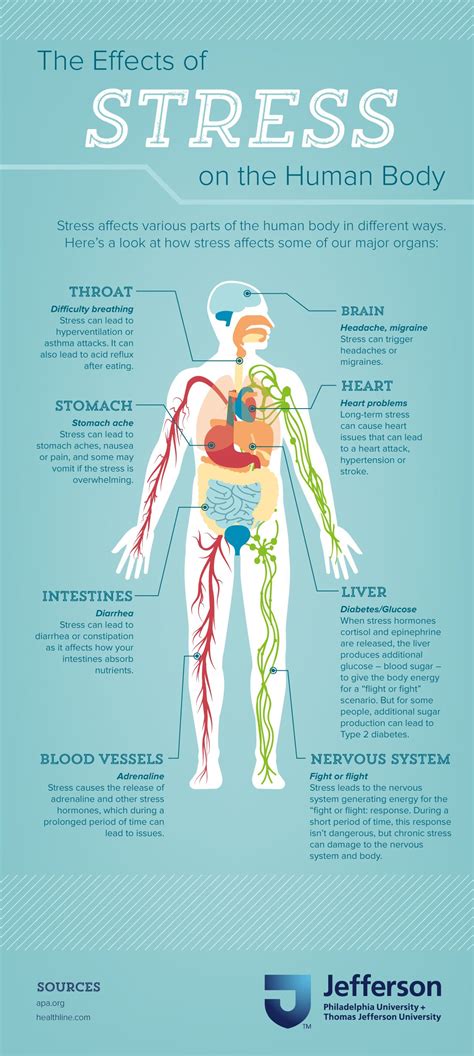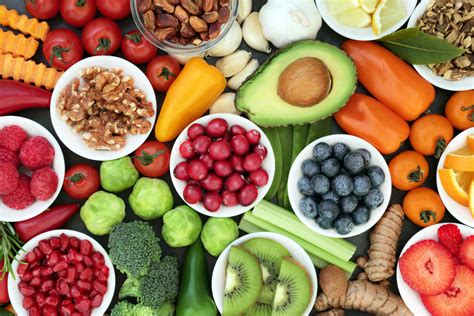How can men naturally optimize testosterone levels for peak health?

Testosterone, the primary male sex hormone, plays a crucial role in men’s overall health and well-being. It influences everything from muscle mass and bone density to mood, energy levels, and libido. While testosterone levels naturally decline with age, many men experience suboptimal levels earlier due to various lifestyle factors. Fortunately, there are several natural and effective strategies to help men optimize their testosterone for peak health without resorting to synthetic treatments.

The Foundation: Diet and Nutrition
What you eat significantly impacts hormone production. A balanced diet rich in specific nutrients is key to supporting healthy testosterone levels.
- Healthy Fats: Cholesterol is a precursor to testosterone. Incorporate healthy fats from sources like avocados, nuts, seeds, olive oil, and fatty fish (salmon, mackerel) into your diet. These provide essential fatty acids vital for hormone synthesis.
- Protein: Adequate protein intake supports muscle growth and hormone regulation. Lean meats, poultry, eggs, dairy, and legumes are excellent sources.
- Micronutrients: Zinc and Vitamin D are particularly important. Zinc, found in oysters, red meat, and pumpkin seeds, is crucial for testosterone production. Vitamin D, often called the ‘sunshine vitamin,’ functions as a steroid hormone in the body and has been directly linked to testosterone levels.
- Limit Sugar and Processed Foods: High sugar intake can lead to insulin resistance, which has been associated with lower testosterone. Processed foods often contain unhealthy fats and additives that can negatively impact hormonal balance.
Move Your Body: Exercise and Physical Activity
Regular physical activity, particularly certain types of exercise, can significantly boost testosterone.
- Strength Training: Lifting weights or performing resistance exercises stimulates testosterone release. Focus on compound movements like squats, deadlifts, bench presses, and rows that engage multiple muscle groups.
- High-Intensity Interval Training (HIIT): Short bursts of intense exercise followed by brief recovery periods have been shown to increase testosterone and growth hormone.
- Avoid Overtraining: While exercise is beneficial, excessive or prolonged endurance training without adequate recovery can lead to increased cortisol (stress hormone) and decreased testosterone. Listen to your body and prioritize rest.

The Power of Rest: Quality Sleep
Sleep is a critical, yet often overlooked, factor in hormone regulation. Most of your daily testosterone production occurs during sleep.
- Aim for 7-9 Hours: Consistent short sleep duration (less than 7 hours) has been shown to significantly lower testosterone levels. Prioritize 7-9 hours of quality sleep each night.
- Optimize Sleep Environment: Ensure your bedroom is dark, cool, and quiet. Avoid screens before bed, as the blue light can disrupt melatonin production.
Master Your Mind: Stress Reduction
Chronic stress elevates cortisol levels, which can have an inverse relationship with testosterone. When cortisol is high, testosterone tends to be low.
- Practice Mindfulness: Techniques like meditation, deep breathing, and yoga can help manage stress and lower cortisol.
- Engage in Hobbies: Dedicate time to activities you enjoy to relax and de-stress.
- Social Connection: Strong social bonds can reduce feelings of isolation and stress.

Sunlight and Key Supplements
Beyond diet, direct exposure to sunlight and targeted supplementation can play a role.
- Sunlight Exposure: Regular, safe sun exposure (10-30 minutes daily, depending on skin type and location) can boost Vitamin D levels, which in turn supports testosterone.
- Vitamin D Supplementation: If sun exposure is limited, a high-quality Vitamin D3 supplement may be beneficial, especially during winter months.
- Zinc and Magnesium: If dietary intake is insufficient, supplements for these minerals can support testosterone. Always consult a healthcare professional before starting new supplements.
Minimize Environmental Disruptors
Certain chemicals in our environment can mimic hormones or disrupt their production.
- Reduce Plastic Exposure: Plastics contain endocrine-disrupting chemicals like phthalates and BPA. Store food in glass containers, avoid heating food in plastic, and opt for BPA-free products.
- Choose Natural Products: Be mindful of chemicals in personal care products, cleaning supplies, and pesticides. Opt for natural alternatives whenever possible.

Conclusion: A Holistic Approach
Optimizing testosterone naturally isn’t about a single magic bullet; it’s about adopting a holistic lifestyle. By consistently focusing on a nutrient-rich diet, engaging in appropriate exercise, prioritizing quality sleep, managing stress effectively, and minimizing exposure to endocrine disruptors, men can significantly improve their testosterone levels. These natural strategies not only support hormonal balance but also contribute to enhanced energy, mood, strength, and overall vitality, paving the way for peak health and well-being. Always consult with a healthcare professional before making significant changes to your diet, exercise routine, or supplement regimen, especially if you have underlying health conditions.










